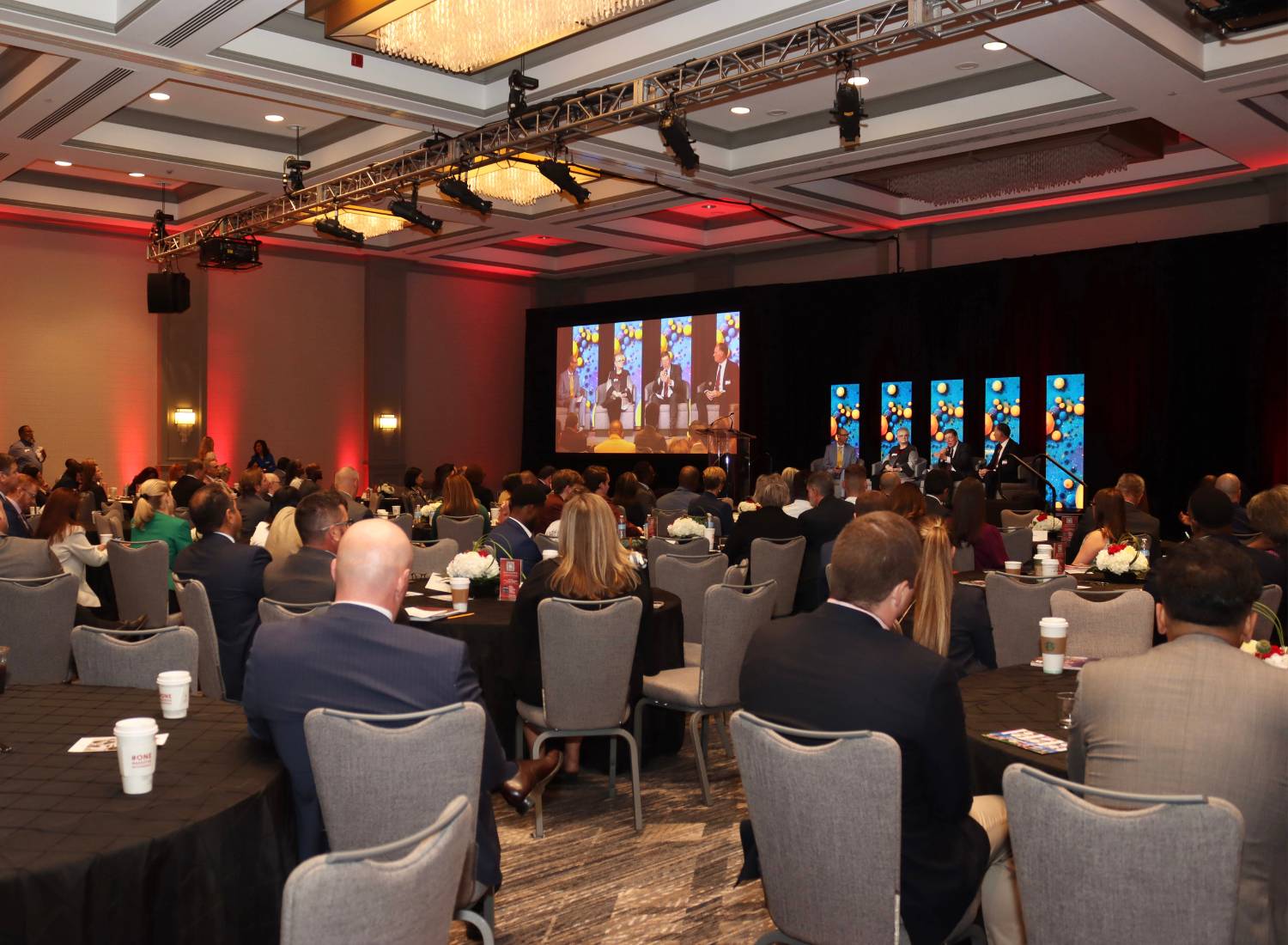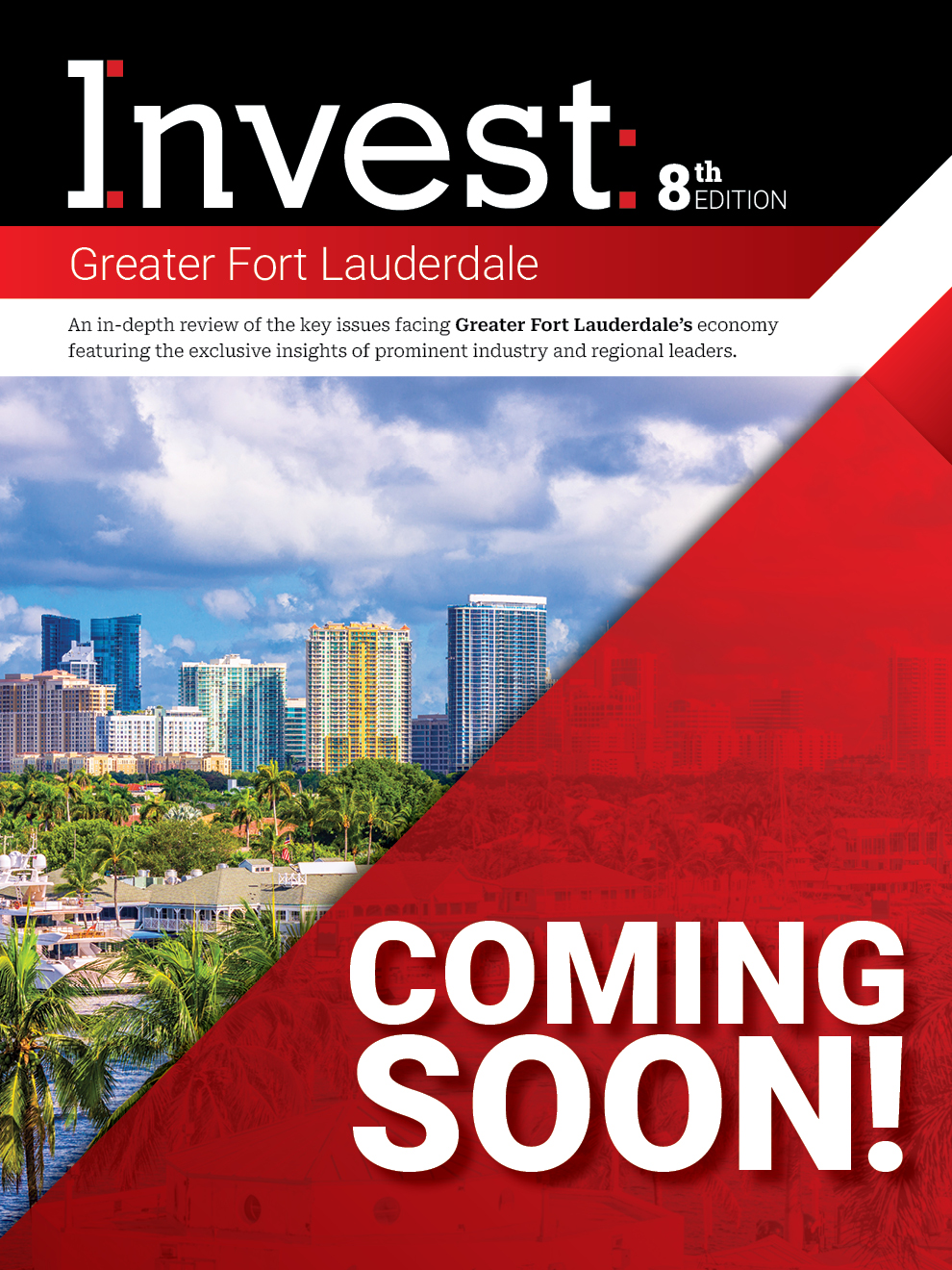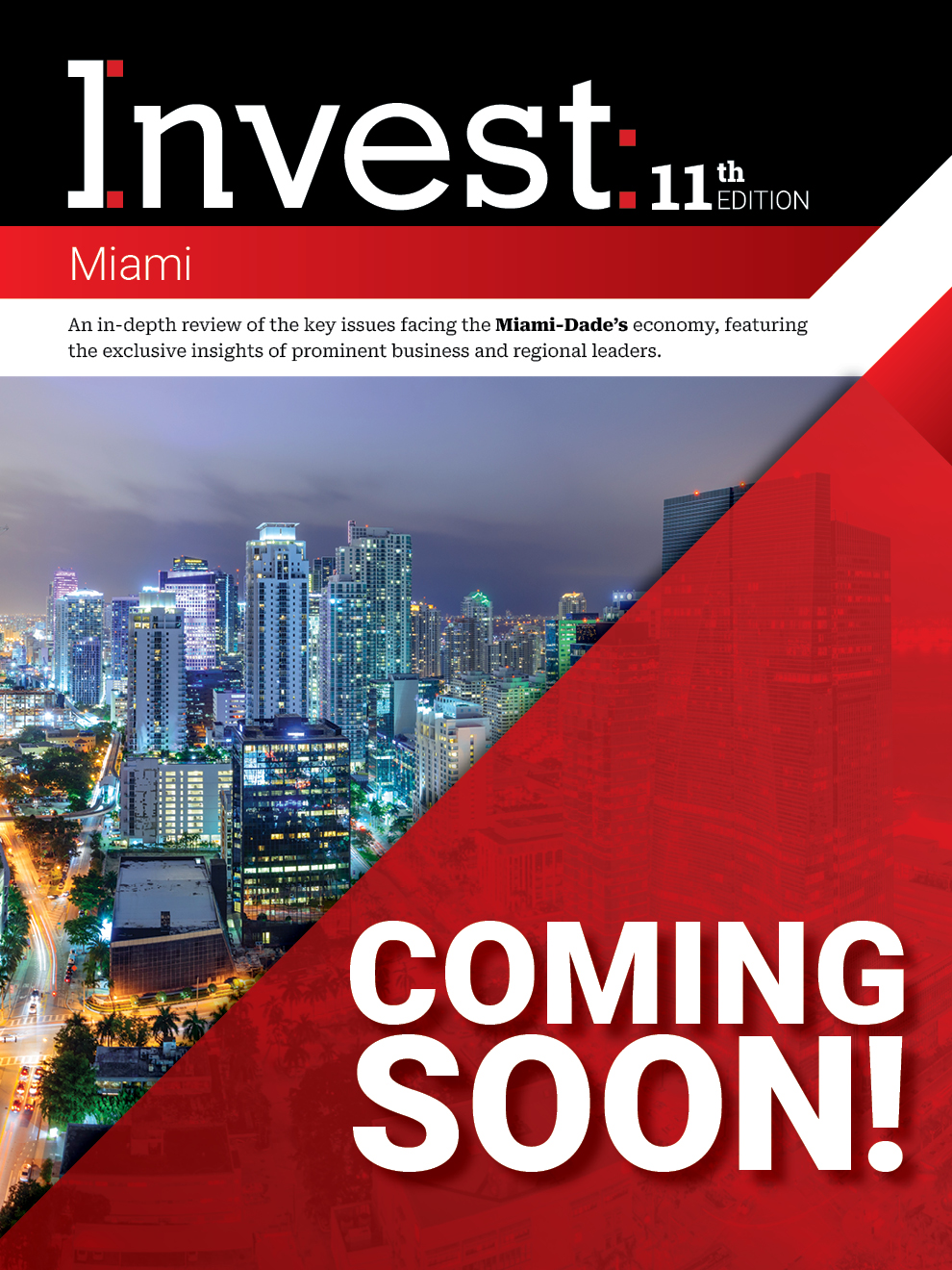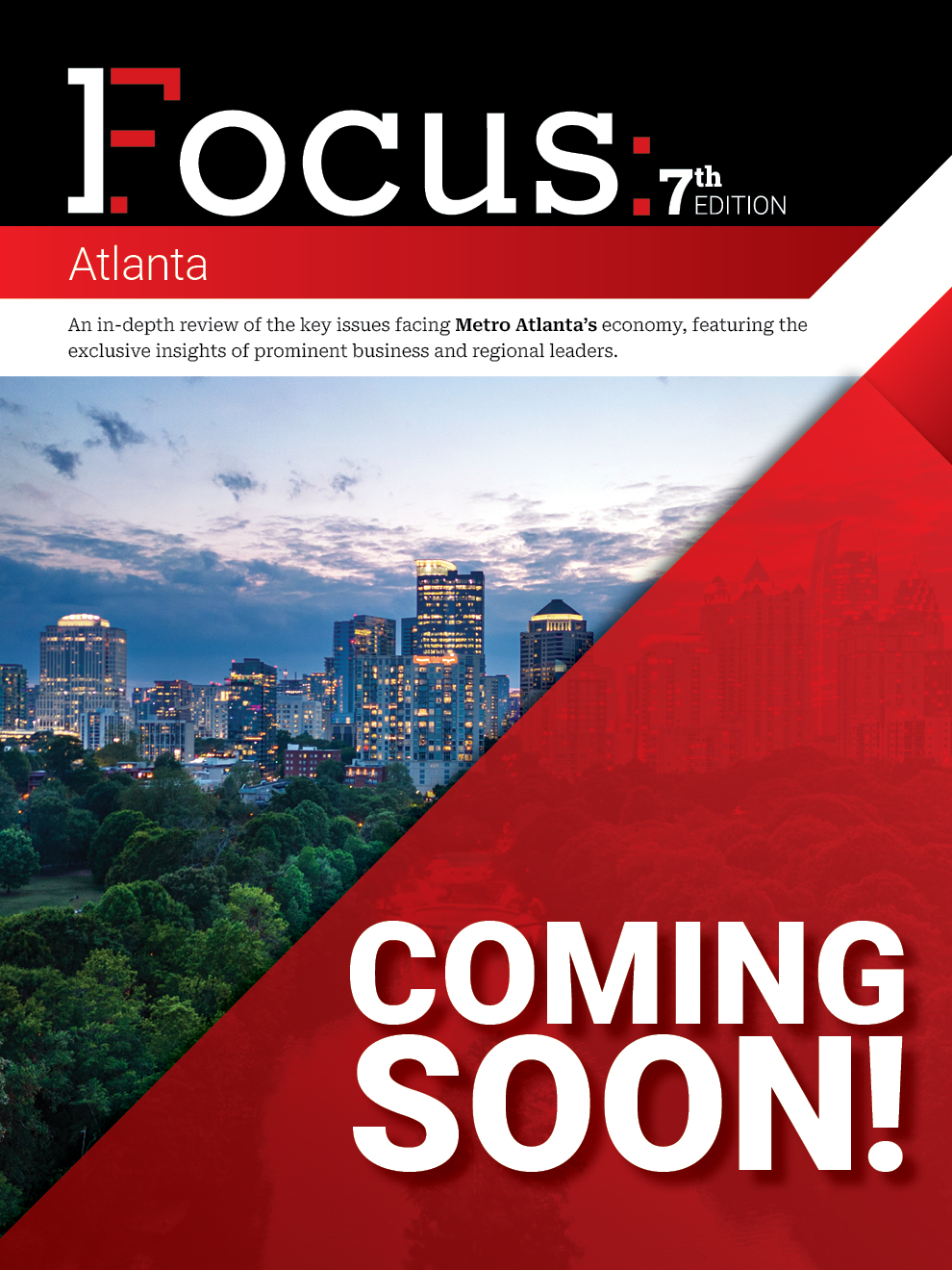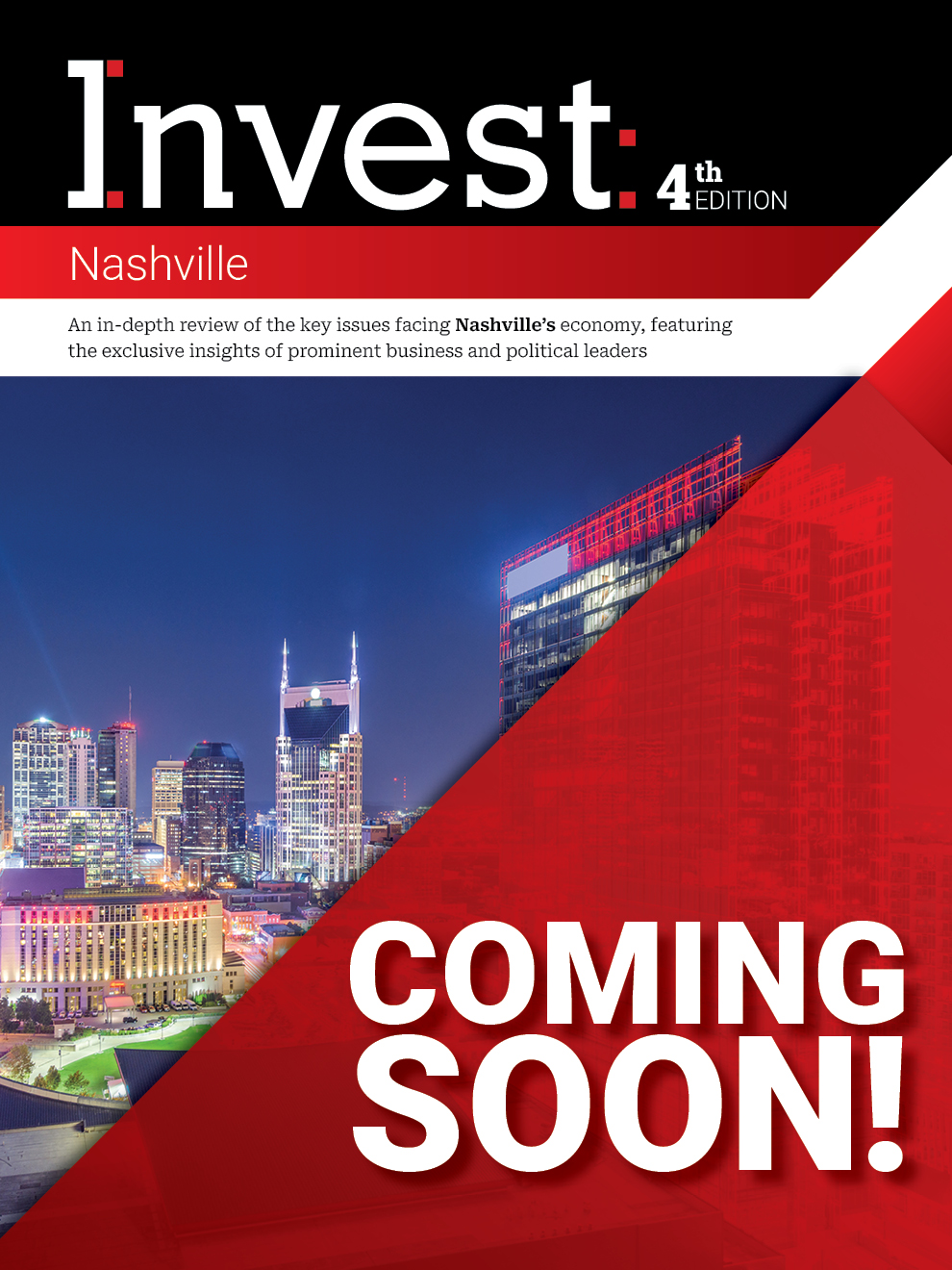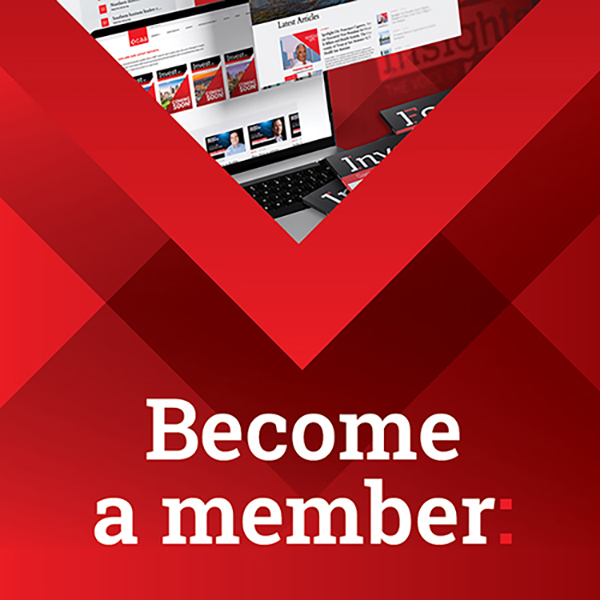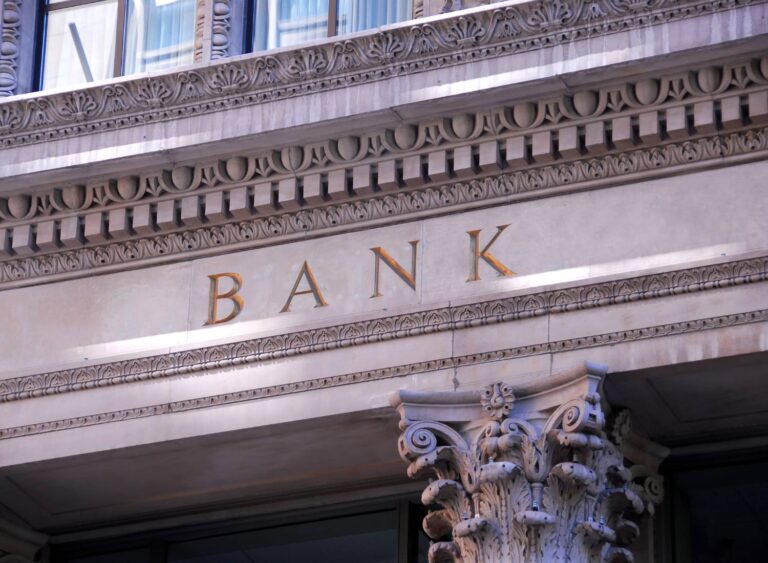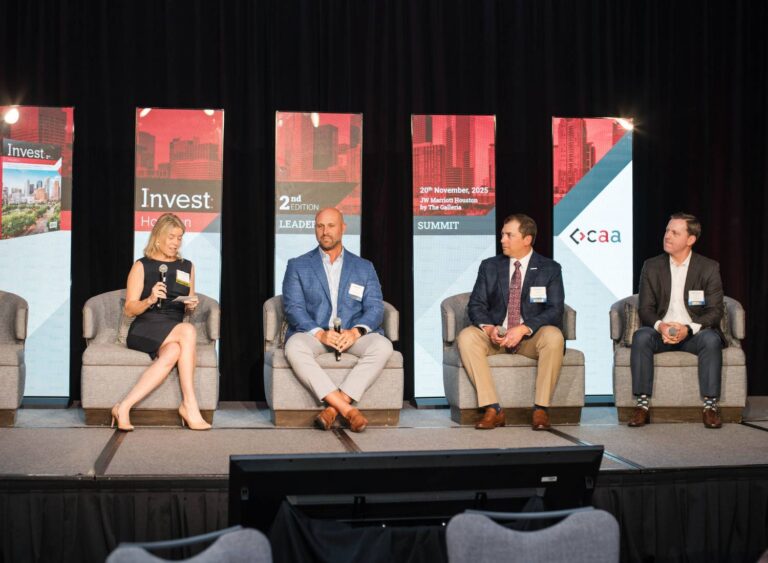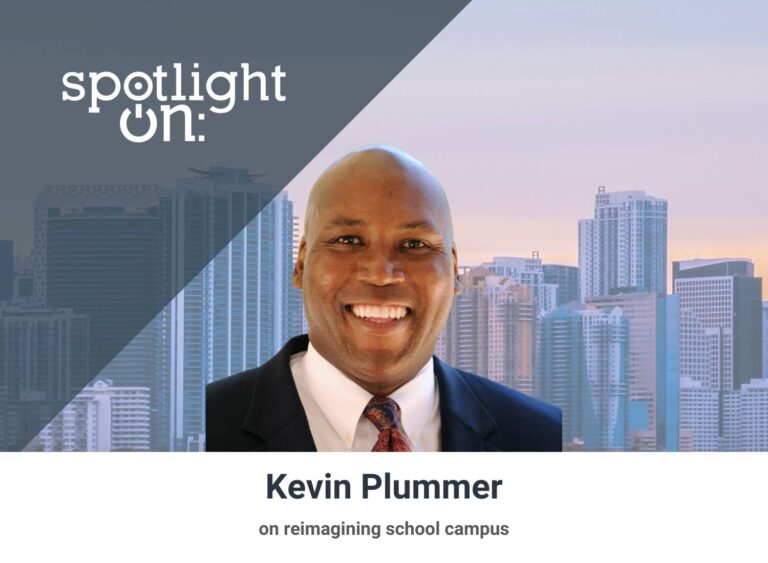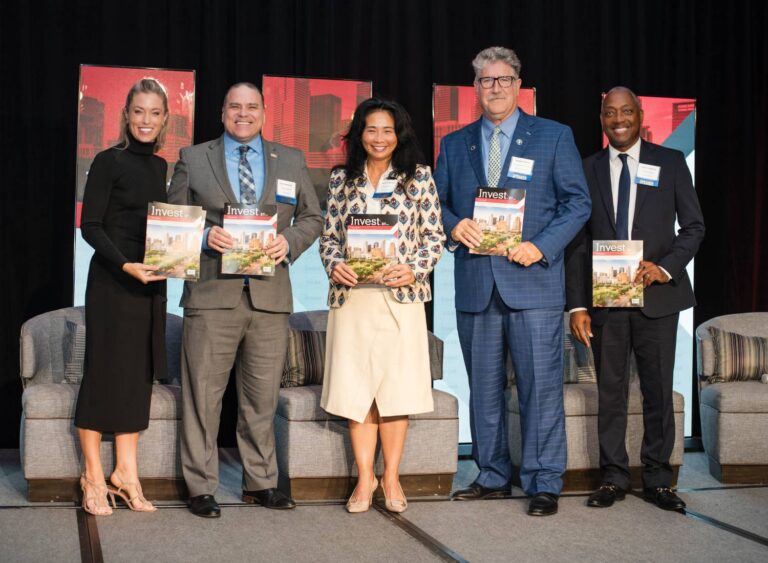Spotlight On: Kali Bonnell, Business Unit Leader – Atlanta, DPR Construction
 May 2024 — In an interview with Focus:, Kali Bonnell, business unit leader in Atlanta for DPR Construction, discussed the achievements under her leadership, the evolving demands in core markets, the company’s focus on continuous improvement and innovation, and the challenges and opportunities in the current economic climate.
May 2024 — In an interview with Focus:, Kali Bonnell, business unit leader in Atlanta for DPR Construction, discussed the achievements under her leadership, the evolving demands in core markets, the company’s focus on continuous improvement and innovation, and the challenges and opportunities in the current economic climate.
What have been some notable achievements for the Atlanta business unit under your leadership?
Since joining DPR Constructions Atlanta office in 2023, it’s been an incredible experience. DPR, across all office locations, focuses on five core markets: advanced tech (ie. data centers and advanced manufacturing), healthcare, higher education, commercial, and life science. What’s unique about Atlanta is that we have opportunities to support customers within each of these core markets. Historically, our attention has mainly been focused in the commercial sector, but my background is in healthcare and life sciences. Bringing my expertise and external relationships to Atlanta has allowed us to diversify and grow in these markets. We’ve been able to hone in on clients that we weren’t previously servicing in the Atlanta market and bring intentional expertise to service our current clients in a larger capacity.
As you bring experience from other core areas into the region, how has the demand for these grown over the past year?
The demand in these markets has grown tremendously. In particular, our advanced tech market, especially data centers in the Southeast, has seen substantial growth due to power and tax incentives. This is evident here in Atlanta. Moreover, as the Atlanta market continues to attract more people and jobs, there’s a rising demand for healthcare facilities. My background in building hospitals has been instrumental in addressing this need. We’ve seen significant infrastructure growth and development in Atlanta and the surrounding areas, especially as more people have moved to the Southeast post-COVID.
What initiatives or strategies have been implemented to enhance the company’s emphasis on continuous improvement and learning?
At DPR, we’re committed to sharing lessons learned, both internally and externally. One of our core values is “ever forward,” which focuses on initiating change based on what’s working and what isn’t. We’re passionate about innovation, not just for its own sake, but for the growth of the industry. Our recent focus has been on innovative techniques like prefabrication or off-site construction and incorporating technology like robotics to support our workforce.
As the industry grows, the skilled workforce hasn’t kept pace, so we’re finding innovative ways to deliver excellence to our clients while ensuring safety and quality, and addressing workforce limitations. Prefabrication has been a significant area of learning for us, and we’ve been exploring it for the last seven to 10 years. We’re honing our skills in this area, which is quite exciting.
Here in Atlanta, we are building a prefab assembly facility, which will cater to off-site construction and be fully integrated with our Atlanta office. This allows us to build for our clients off-site in a controlled environment, ensuring the highest quality, and then transport these structures to our local job sites. This approach is a testament to our commitment to continuous improvement and innovation in construction.
How do you foster a culture that attracts and retains talent, especially in a competitive market?
At DPR Construction, we’re a self-performing general contractor with both administrative and craft sides, requiring us to follow two parallel paths for talent retention and growth. On the craft side, which includes workers in the field, our focus is maintaining safe, inviting, and diverse job sites. We ensure we move beyond basic necessities like running water and clean facilities, which aren’t always standard on every job site, to create an environment in the field deserving of the talent that is putting work in place day in and day out. We also use robotics, such as exoskeletons, to make work easier and safer, and promote off-site construction for safer working conditions. Our benefits, training and apprenticeship programs are robust, and we regularly engage with craft employees to understand their needs, from providing free boots and tools to treating them with the respect they deserve.
For our administrative staff, like superintendents and project managers, we emphasize a thorough career plan. Individuals go through an employee development program with coaching, mentoring, and an individual development performance plan. This plan is tailored to their career goals, whether that involves external leadership training or different project experiences. We ensure our employees are engaged in exciting, technically challenging projects, fulfilling their desire to take on more and solve problems. Our benefits package, including time off, maternity, and paternity leave, is among the best in class. We’ve learned from global practices to provide excellent services and support work-life integration, focusing on the holistic well-being of our employees and their families.
What is the role of technology in construction going forward?
Technology is crucial in construction, particularly for planning projects efficiently to avoid major issues, delays, or rework. We utilize Virtual Design and Construction (VDC) with in-house resources who collaborate with architects, engineers, and trade partners during the design phase. This collaboration focuses on integrating systems within the model, eliminating clashes, and problem-solving before construction begins. These models are then used to guide our robotics, like robotic layout and finishing machines, enhancing accuracy and on-site safety. This use of robotics and technology helps ensure productivity and quality are at the highest standards.
How are sustainability and green building practices reflected in your projects?
Sustainability is deeply embedded in who we are and in our projects. Our new office, currently under construction, will have WELL certifications among other sustainable features. Sustainability, once seen as a premium, is now a standard business practice. Many of our projects incorporate sustainability requirements. For example, we’re working on a LEED Platinum project in Peachtree Corners, which includes geothermal wells, solar panels, sustainable materials, and a robust waste diversion program.
We align our practices with clients’ sustainability goals, always ensuring waste diversion on our projects and in our offices. We recommend sustainable material alternatives to clients and architects. Additionally, we’re working to transition our superintendents from gas-fueled to EV trucks to reduce emissions, considering the high amount of commuting in Atlanta. As a part of our commitment, we’re focusing on sustainable solutions for equipment emissions through our family of companies, including OES, an equipment vendor in Atlanta. This holistic approach to sustainability is integral to our operations and projects.
Considering the current economic and market conditions, what challenges and opportunities are you observing in the construction industry?
The most significant challenge in the construction industry right now is the need for a skilled workforce. This issue is somewhat independent of the economy but still closely related. Nationally, we are facing a shortage of skilled workforce. To address this, we’re investing heavily in apprenticeship and youth development programs. There’s an essential educational aspect to preparing a workforce that’s capable of maintaining safety and quality standards. We are passionate about increasing the learning and experience curve for individuals entering the workforce.
What is your outlook for DPR in Atlanta, and your top priorities for the near term?
The outlook for DPR Construction in Atlanta is positive. We have a robust backlog of projects and are grateful for the strong partnerships we have with our clients. Our focus for the next few years is addressing the workforce challenge and being innovative in solving problems for our clients. We are passionate about diversity, particularly with our trade partners and supplier diversity. Our goal is less about revenue and more about shaping the future of the industry. We’re taking steps now to influence the industry positively in the long term, considering what the world might look like in 2035 and how we can contribute to that vision starting today.
For more information, please visit:

